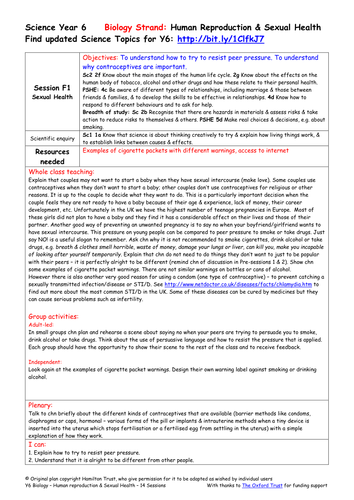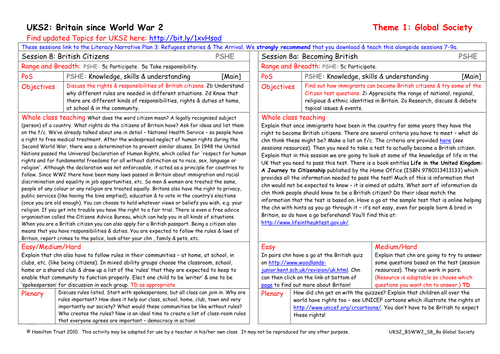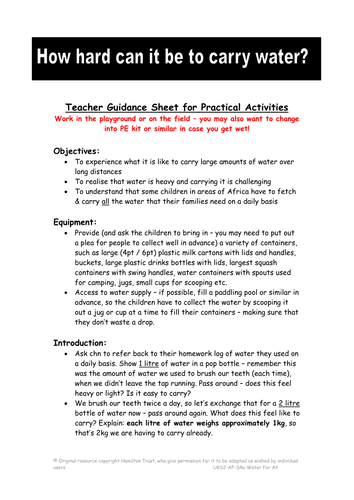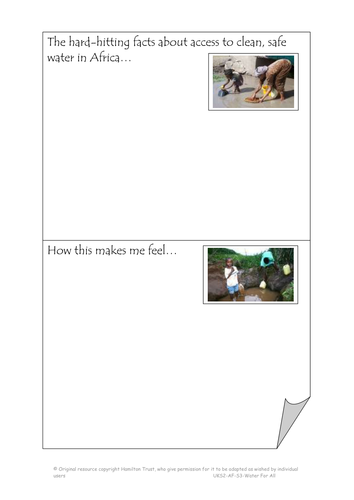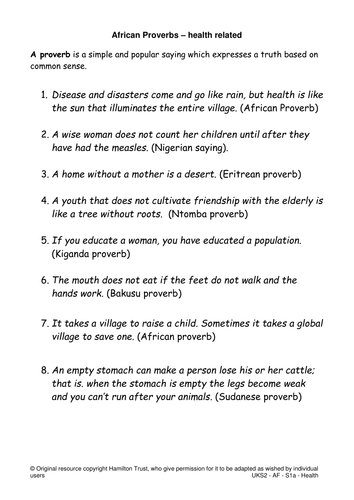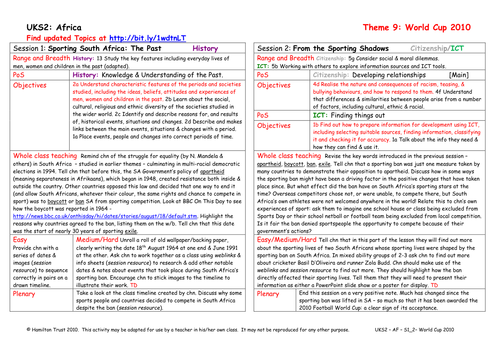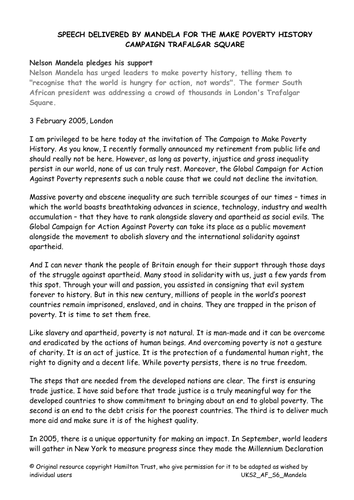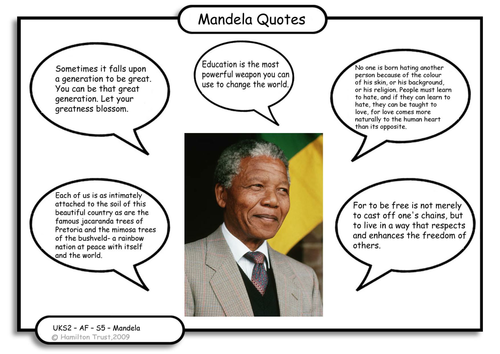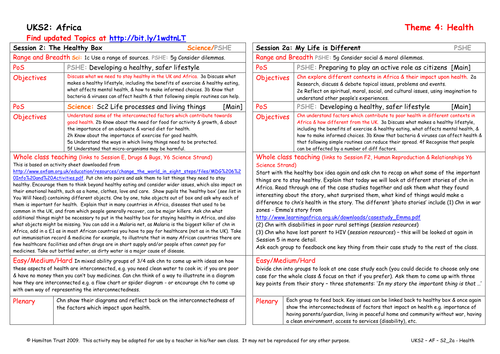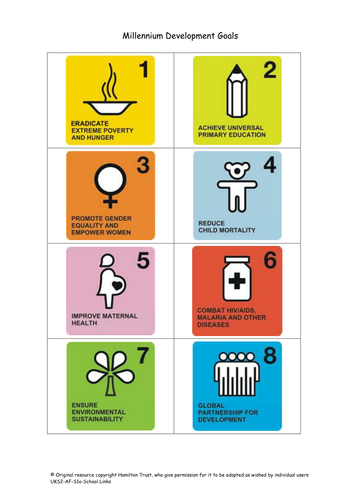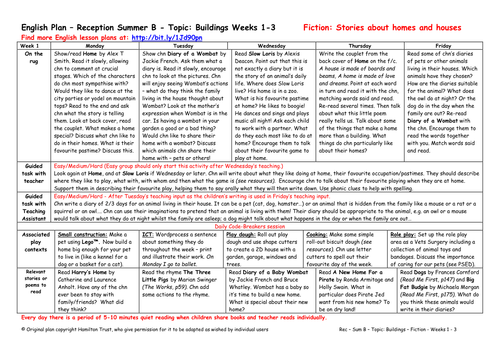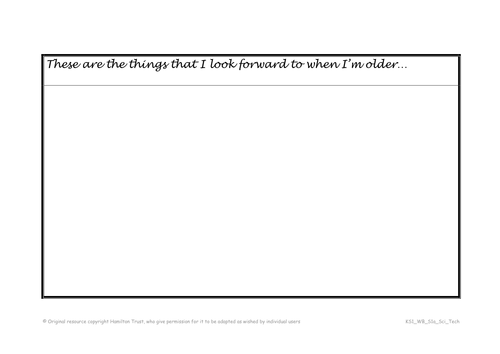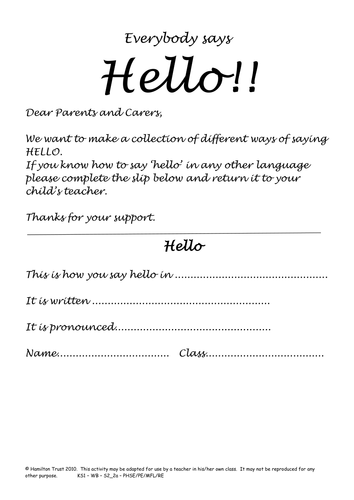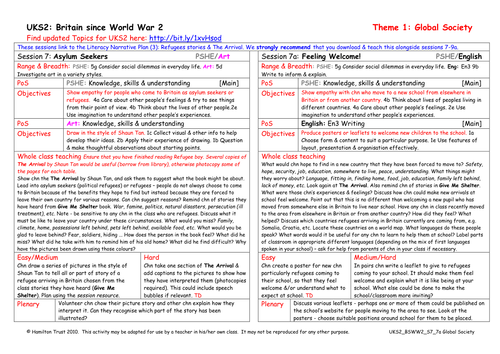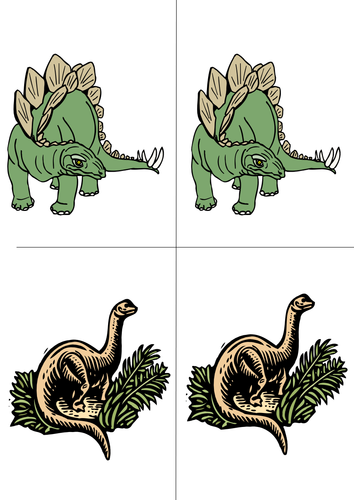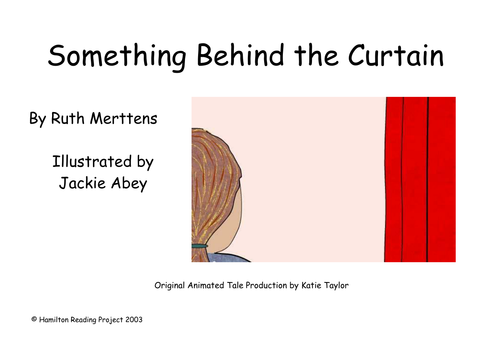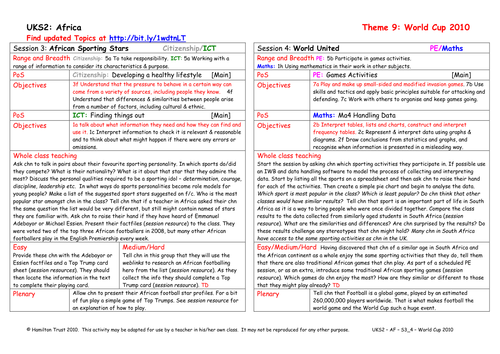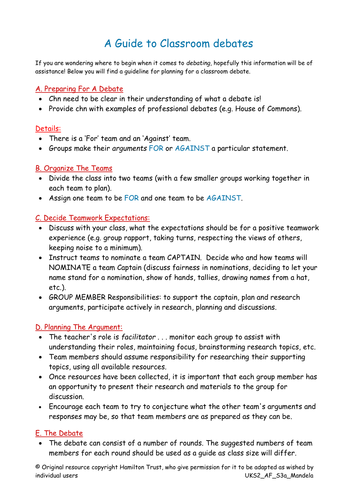
397Uploads
10045k+Views
11647k+Downloads
Personal, social and health education

Sexual health
Session 1 - Have discussion about contraceptives as a way of preventing an unwanted pregnancy, but also explain that they can help protect against sexually transmitted infections and diseases. Use drama to practise saying no to peer pressure for smoking, alcohol or drugs. Children design warning labels.
Session 2 - Discuss one sexually transmitted disease / infection in more detail – HIV / Aids. Ensure children understand difference between having the virus and the syndrome. Watch a video by children living with an HIV mother and discuss stigma involved with HIV / Aids. Look at statistics and discuss Memory Books and World Aids Day.
Suitable for Y6 pupils.

British Citizen
Find out what the rights and responsibilities of a British citizen are. Discuss why rules or laws have to be passed for communities to function properly. Children work in groups to list the ‘rules’ needed in their communities, e.g. home, town, school, clubs.

Apartheid
Examine the system of apartheid through a class role play activity. Introduce Nelson Mandela and discover what children already know about him. Children reflect on their own feelings during the role play. Start reading Journey to Jo’burg. Suitable for years 5 and 6.

Can You Carry It?
How hard can it be to carry water? Children find out the facts and discuss images of different ways of carrying water before trying themselves. Through activities on the playground children experience that water is heavy and challenging to carry over distances.
Suitable for years 5 and 6.

Campaign for Clean, Safe Water
Watch campaign films that educate people about the dirty water crisis in Africa. Children consider the hard-hitting facts learned and record how this makes them feel. Discuss what makes these films effective, in preparation for planning own films in the next session.
Suitable for years 5 and 6.

Healthy Proverbs
Discuss African proverbs about health and their meanings. Children design their own posters or prepare a drama /freeze frame to show meaning of healthy proverb. Compare to healthy proverbs/sayings in the UK?
Suitable for years 5 and 6.

From the Sporting Shadows
Since the ban was lifted South Africa has become one of the World’s top sporting nations and has even been awarded the World Cup in 2010. But what impact did the ban have on the lives of South Africa’s sporting stars of the past?

Mandela and Poverty
Children study a Mandela speech on poverty and analyse why it’s so importance in terms of content, context and process. Children plan and write their own speech on the right to education.
Suitable for years 5 and 6.

Mandela and Education
This session examines through real stories the varied reasons why 40 million children in Africa don’t attend school. Children play a ranking game to explore obstacles to education.
Suitable for years 5 and 6.

My Life is Different
Look at case studies from different African countries and using the healthy box discuss what things are missing from the healthy box, which explains diffs between the UK & Africa. Children share their case studies and key points. A focus on children’s health.
Suitable for years 5 and 6.

Needs and Wants
Look (again) at the list of UN Children’s Rights. Discuss whether or not children feel they have all their rights and explain how various people and organisations can help achieve them if not. Learn some words and phrases in link school’s language (or Swahili).
Suitable for years 5 and 6.

Reception Fiction (Buildings): Stories about homes and houses (weeks 1-3)
Listen to stories about different homes for people and creatures and decide where they would like to live, Home by Alex T Smith, The Town Mouse and the Country Mouse by Helen Ward, and Diary of a Wombat by Jackie French and Bruce Whatley. Children write their own version of The Town and Country Mouse and use The Lighthouse Keeper’s Lunch by Ronda and David Armitage to plan best lunches. Keep diaries, make lighthouses and stormy music.

Who wants to grow up?
Children continue to explore how our bodies and minds change as we get older and how this might affect us in old age. They go on to explore their feelings and frustrations about wanting to be older.

We All Say Hello
Play circle games to practice greeting each other confidently. How many ways do children know to say hello in a different language? Learn 3 new ways.

Animals including Humans - Healthy Animals - Year 2
Hatch eggs and study the life cycle of chickens. Build understanding that exercise makes the heart work harder and that it is an essential part of a healthy lifestyle. Find out about healthy lunch box foods before designing and sharing your own snack.
Includes 6 session plans & resources
01 - Hatching eggs!
02 - Babies!
03- Stranded!
04 - Healthy hearts!
05 - Deep inside my lunch box!
06 - Pack a healthy picnic!
Hamilton’s science scheme provides children with a broad but comprehensive experience of primary science that systematically covers all of the National Curriculum for England objectives. Each year group is split into 6 blocks of 6 sessions, each of which can be completed within a half-term. We present them in a recommended teaching order, but you may adapt this to fit your requirements. Working scientifically, investigations and meaningful outcomes are fully incorporated in each block.

Feeling Welcome
New arrivals in Britain should be made to feel welcome. Think about children moving to a new school from another part of Britain or from another country. Children create posters or write leaflets to welcome newcomers to their school.

Reception Non-fiction (Dinosaurs): Information texts (weeks 1-2)
Use a 'dinosaur egg' to stimulate discussion about eggs and dinosaurs. Have fun with a range of activities, count and sound out words (Harry and the Bucketful of Dinosaurs by Ian Whybrow and Adrian Reynolds, How do Dinosaurs Get Well Soon by Jane Yolen and Mark Teague), pelmanism, Top Trumps and Dinosaur Dash. Make various dinosaur-related objects, 'steal' dino eggs and draw and label dinosaurs.

Reception Non-fiction (Families): Names, captions and notices (weeks 1-2)
Discuss families and the various roles within them, read the following stories My Mum, My Dad, Me and You, all of which are by Anthony Browne and Don’t Let the Pigeon Drive the Bus and Don’t Let the Pigeon Stay Up Late by Mo Willems. Children write a book about someone who cares for them using similes and also notices for family members. They learn their address too. Activities include paper people, house plans, family portraits and names.

African Sporting Stars
Who is your sporting hero? Children consider who their sporting heroes are, what makes them great and introduces the idea of sportspeople as role models. Children then investigate some African football idols for a game of top trumps.

Why Vote?
Discuss facts about voting in the UK: not everyone exercises their right to vote. Engage children on the right to vote and its significance in their own country. In two teams for and against, debate the issue of lowering the voting age.
Suitable for years 5 and 6.

